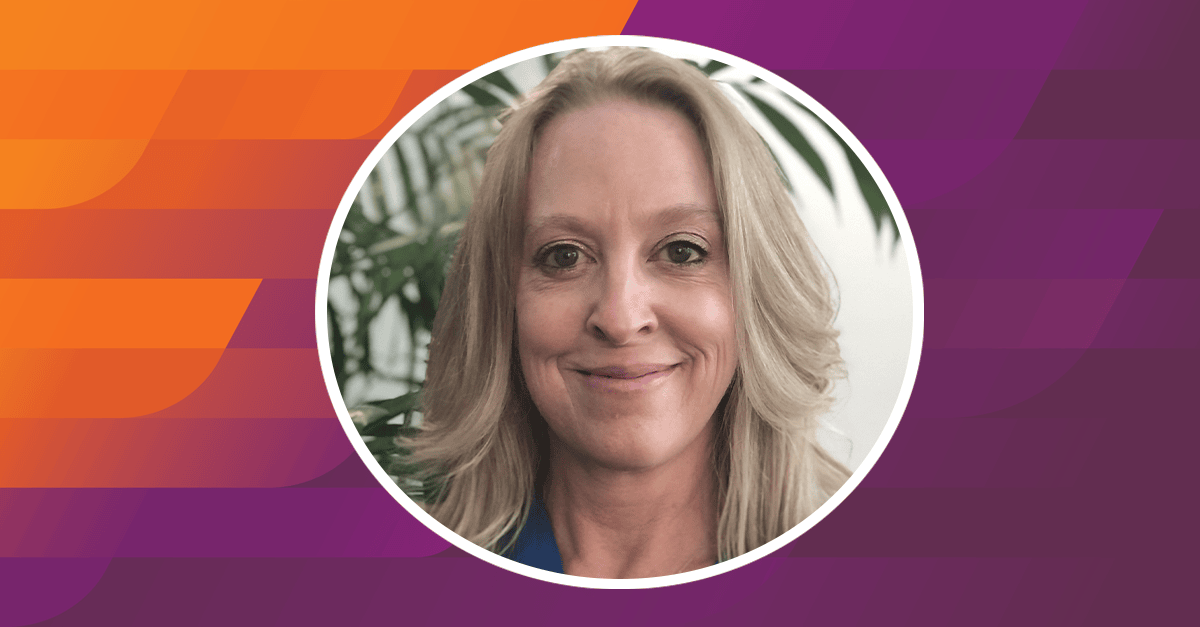Cory Kreutzer grew up dreaming of becoming a doctor and stuck to that plan when she headed off to college at the University of Colorado at Denver in the mid-1990s. But when the time came to start applying to medical school, she was concerned that her GPA wasn’t strong enough—she worked almost full-time through college. “At that point, I decided nursing school might be a better plan,” says Cory, a native of Colorado.
An Associate Degree to Start
In 2001, Cory earned an Associate of Applied Science in Nursing at the Community College of Denver, which shares a campus with the University of Colorado at Denver. She started her career at the Medical Center of Aurora in telemetry but quickly moved to the intensive care unit. “It was hard to give up on becoming a doctor, but when I discovered the intensive care unit, I became so excited about what I was doing,” she says. “I loved it and found my passion there.”
Discovering Another Passion: Teaching Wilderness Medicine
For three years, Cory lived in New Zealand, where she worked in a large teaching hospital (intensive care unit again and the emergency department). An avid runner, rock climber and skier, she picked up another side job for fun while living there: teaching Advanced Wilderness Life Support classes.
Once Cory returned to the United States in 2010, she started laying the foundation to continue teaching wilderness medicine while doing agency nursing. Today, Cory runs her own company teaching Basic Wilderness Life Support, Advanced Wilderness Life Support and Wilderness First Responder courses. Her students are medical professionals and search and rescue professionals, and she has contracts with the U.S. military and other governmental branches. “Combining my loves of medicine and the outdoors is a dream come true,” she says.
When the hospital where Cory was working as an agency nurse, Avista Adventist Hospital (part of Centura Health), offered her a more flexible PRN (pro re neta) position in 2013, she accepted. She works in surgical services, scheduling around her teaching schedule, which takes her around the United States and Canada.
Back to School to Further Her Education
Soon, Cory added clinical unit educator to her responsibilities in surgical services. As part of that, she was required to earn a Bachelor of Science in Nursing (BSN). American Sentinel College of Nursing and Health Sciences at Post University is an educational partner of Centura Health, so after exploring the RN to BSN program, she got started, finishing in 2020 just before the pandemic hit.
Being in school planted a seed to pursue even more education. “I decided if I was returning to school anyway, I should get a master’s degree,” says Cory. She took a few months off after completing the BSN and then returned to Post University for the Master of Science in Nursing (MSN) – Family Nurse Practitioner Specialization. “I want to be able to care for patients with chronic conditions and handle more complex cases,” she says. “I think the MSN program aligns with what I’m interested in as a nurse.”
Bolstering Her Resume, Continuing to Teach
Cory finished the MSN – Family Nurse Practitioner Specialization in March 2023. She loves teaching—as both a nurse and a wilderness medicine instructor— and hopes one day to do so at the university level.
As the only member of the Board of Directors for the Wilderness Medical Society who is a nurse, Cory is proud of her educational accomplishment and excited that it will strengthen her credibility as a wilderness medical professional. “I believe that earning the MSN – Family Nurse Practitioner Specialization allows me to bring a different perspective to the wilderness medicine field, which has historically been dominated by physicians,” says Cory. “The MSN program gave me more knowledge and insight into the structure and philosophy of nursing. I’m excited to go forward and gain as much knowledge as I can.”
